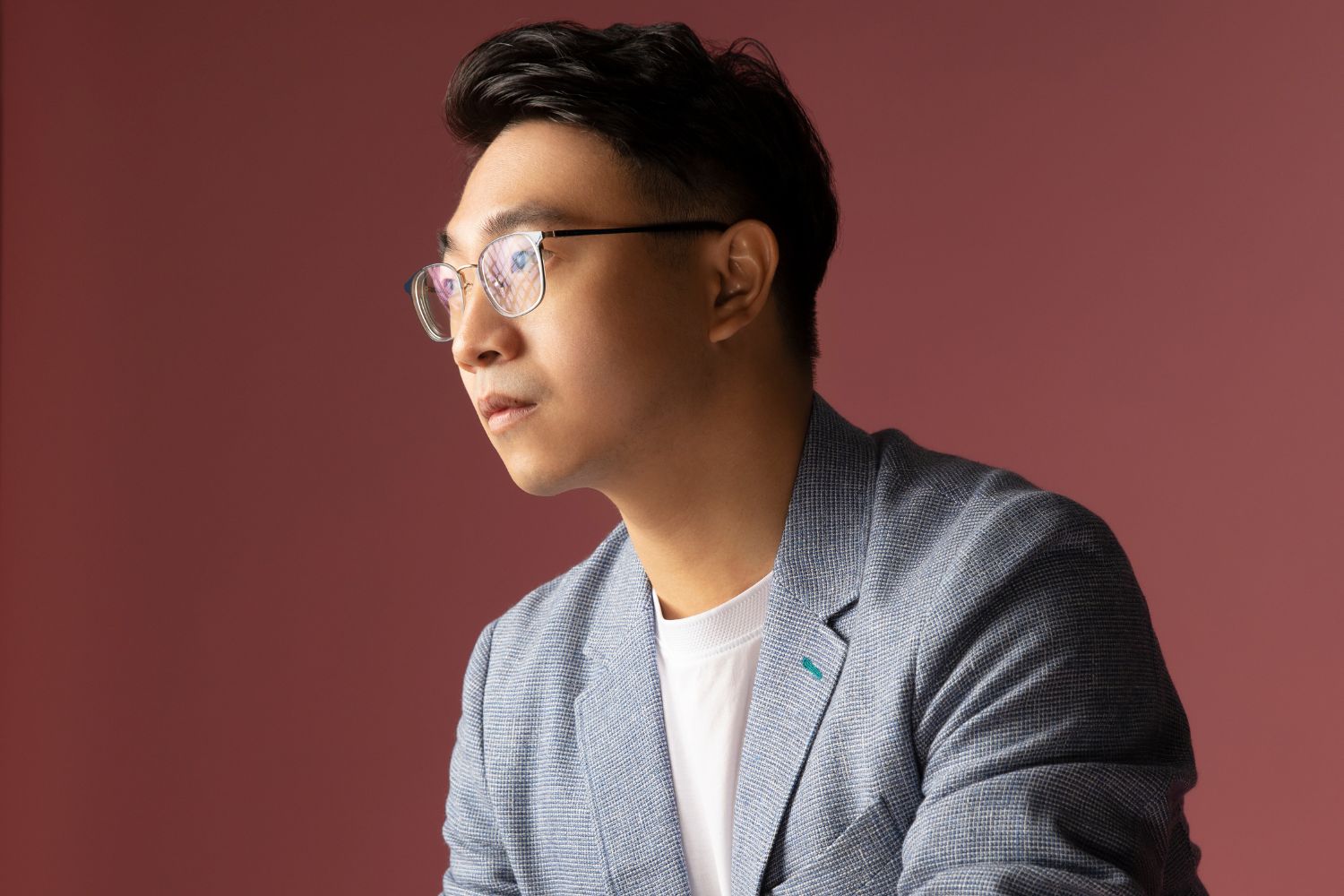The co-founder of the Good City Foundation explains why Asian cities don’t have to be clones of Singapore or Hong Kong to be successful
Andre Kwok is fostering Southeast Asian city leadership through human-centric, technologically inclusive and sustainable solutions. In his final year of university, he founded the Good City Foundation, a non-profit, non-governmental development organisation that started as a conference, Future City Summit, and has grown to five staff, plus a network of 35 city partners in Asia, representing politicians, academics and business leaders.
Here, he details his organisation’s inception, evolution and future.
Read more: Meet Bowie Lam, an Advocate for Hong Kong’s Sex Workers
People have been talking about smart cities for decades, but city-level issues aren’t taken seriously in developing Asia. We address or highlight issues, not at a national level but city level. Bangkok and Chiang Mai have very different local cultures and economic dynamics, so the way we address economic or social issues should be very different. The Foundation is a platform for smaller cities to learn from more developed ones. It might not be appropriate to copy Hong Kong or Singapore exactly, but they can learn how Hong Kong overcomes certain challenges that they may share.

We specialise in connecting leaders from well-developed cities to those from emerging cities. Future City Summit attracts young, professional leaders in Hong Kong, who see Southeast Asian cities as market opportunities, and connects them with mayors, urban planners and economic leaders from smaller cities. After our conference, we identify challenges and build development projects in particular cities based on which cities want to take a step ahead. Our work ranges from projects like helping Denpasar, Bali move towards a more climate-friendly circular economy to building climate resilience frameworks and addressing flooding in Gampaha, Sri Lanka.
While studying international relations, I travelled in Southeast Asia, which taught me a lot. I was amazed by the diversity of cultures and the beauty of historic buildings. But there was also so much construction going on, most of which was foreign investment. I thought, how can the balance be maintained? After two start-up ventures failed, I considered just getting a normal job after graduating, but chose to do something that spoke to my heart.
Read more: This Malaysian Startup Is Rewarding People for Recycling Their Plastics
